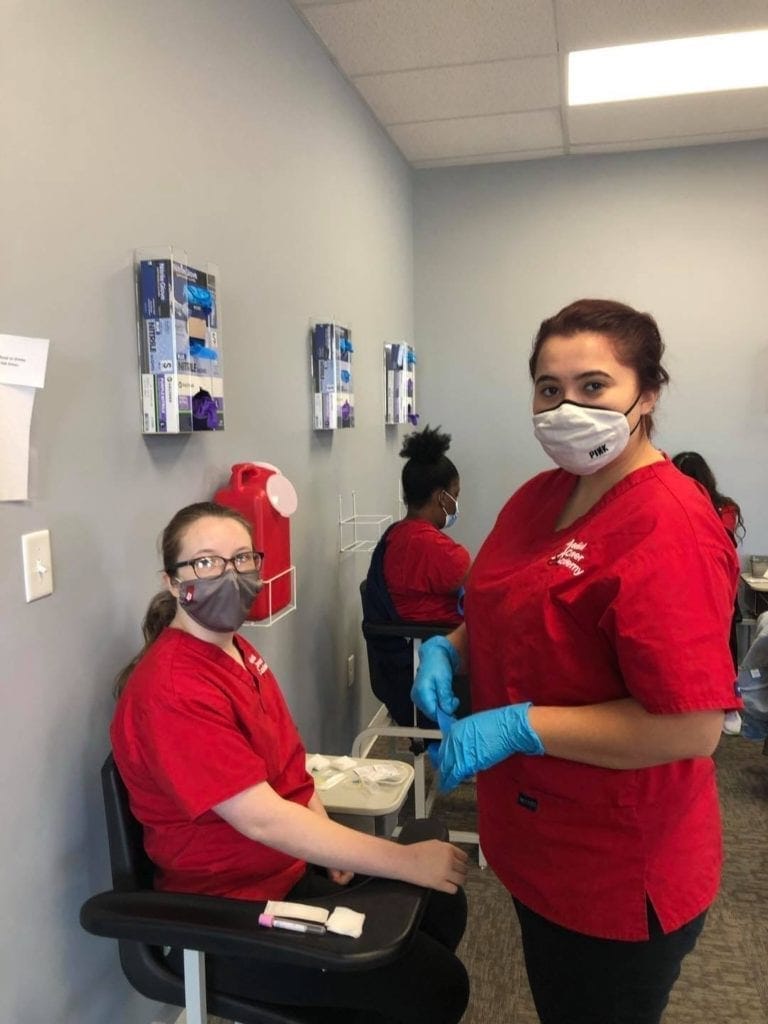Home health aides, also known as HHAs for short, play a crucial role for patients who are getting treatment or recovering in their homes. Registered home health aides are known as RHHA. They generally provide personal care in a more hands-on setting.
Tasks include assisting with exercise, helping their patients dress up or dress down, and even the likes of grooming and bathing. That said, they are not allowed to administer medication as they are not nurses. At most, they can assist with medication intake and organization.
Read on to learn more about what it takes to be a home health aide.
The United States Administration on Aging estimates that there will be a little over 72 million people 65 years old and above by 2030. That means the demand for home health aides will only increase over time.
In order to become a home health aide, several qualities are non-negotiable. This includes, but is not limited to:
- A car and the ability to drive to patient homes
- A strong sense of empathy
- Ability to work well with patients
- An empathetic attitude
- Dependability
- English reading and writing skills (for understanding and following HHA care plans properly)
- Maturity
- Reliability
Home health aides play a key role in supporting professionals such as physicians, therapists, optometrists, podiatrists, chiropractors, and the like. They are able to make observations and report changes in real-time about their patients. Aides are on a much closer, personal level with patients and they spend pretty much all of their time caring for them.
What Kind of Education and Training Is Necessary?
For someone to become a qualified home health aide in Indiana, a high school diploma or equivalent is usually a good base. After that, they need to undergo a Home Health Aide certification program. State rule has a list of subjects that need to be addressed in a competency evaluation program.
Home health agencies that are federally certified need to meet CFR 484.36’s provisions when home health aides are in use. Training isn’t just classroom-based, either: practical training with supervision at a 75-hour minimum is key. At least 16 hours of that has to go towards supervised practical training.
Advantages on a Professional and Personal Level
The median salary for home health aides in the state of Indiana generally plays at the $12 per hour mark. Aside from the salary, benefits, and the means to progress in a field much like that of a licensed medical professional, becoming a home health aide has many advantages. There’s also a lot of room for career development through training, supervision, and set milestones to progress. Personally, it is an opportunity to do meaningful work that is gratifying and contributes to the community.
Becoming a home health aide also affords these benefits:
- Companionship and connection with the patients in need
- Deliver complex care to at-home patients
- Flexible work schedule
- Opportunity to hone in on a particular specialization
Conclusion
A home health aide is incredibly helpful for the well-being and care of at-home patients. In the state of Indiana, becoming an HHA involves at least high school-level education and plenty of training. It’s a job that’s only going to grow in demand for years to come.
Want to take medical assistant classes in Indiana? Reach out to Medical Career Academy today! Our students get nothing less than quality education from us when it comes to multiple health care fields.

